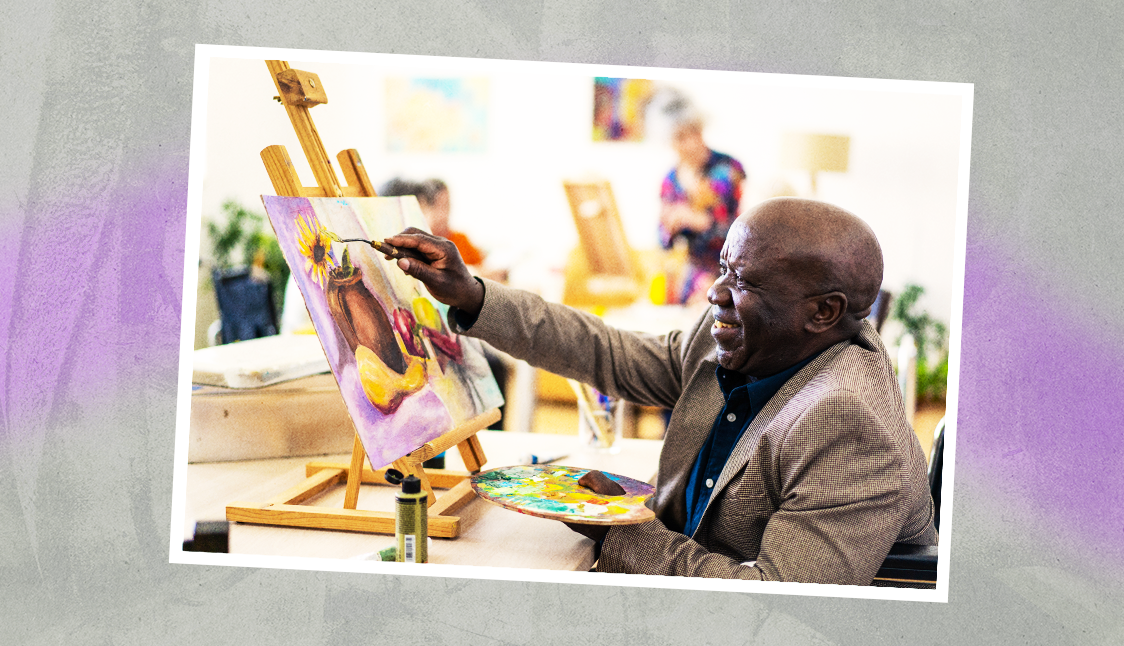Staying Fit
Ordinary activities such as bathing or sleeping can quickly turn into a battle of wills for caregivers and people with dementia. In those exasperating moments, your loved one is trying to tell you something, experts say.
“Dementia-related behaviors are a form of communication,” says Monica Moreno, senior director for Care and Support at the Alzheimer’s Association.


AARP Membership— $12 for your first year when you sign up for Automatic Renewal
Get instant access to members-only products and hundreds of discounts, a free second membership, and a subscription to AARP the Magazine.
Needs, emotions or surroundings can trigger troublesome behaviors. As the person with dementia loses the ability to communicate, the caregiver has to become a detective to understand what’s really going on, Moreno says. That sleuthing requires briefly hitting the pause button when a loved one is resisting, rather than plowing ahead with a task.
Here’s how to assess and address eight common dementia-related behaviors.
1. Repeating the same questions
A loved one who asks the same question every few minutes doesn’t remember asking it, let alone your answer. But the person may remember that something is on the agenda, which can produce anxiety. Have the answers in written form to minimize questions.
“Keep a calendar or whiteboard, and write things down so that the person can refer to that,” suggests Helen C. Kales, M.D., a geriatric psychiatrist and chair of the Department of Psychiatry and Behavioral Sciences at the University of California Davis Health. “Say to them, ‘We’ve talked about this and whenever you have a question, look right here.’ ”
Because boredom may be a factor, Kales suggests giving the person simple tasks like folding laundry, tearing the lettuce for a salad or setting the table.
2. Wandering
Six out of 10 people living with dementia wander at least once, according to the Alzheimer’s Association. For some, the urge to wander often occurs later in the day because of sundowning. But the reasons for wandering are generally a change in location or an unmet need, says Ardeshir Hashmi, M.D., section chief of Cleveland Clinic’s Center for Geriatric Medicine.
If you are visiting another person in their home or staying somewhere new, your loved one may find it disorienting, triggering agitation. Bring familiar objects or favorite possessions to reassure and anchor the person in a new place.
Most people with dementia can answer yes or no questions, so ask them what they need. Is it the toilet? Maybe they’re hungry or in pain. To keep the person safe, lock doors and use tracking devices that alert you by phone when the person ventures too far, Hashmi says.




















































































